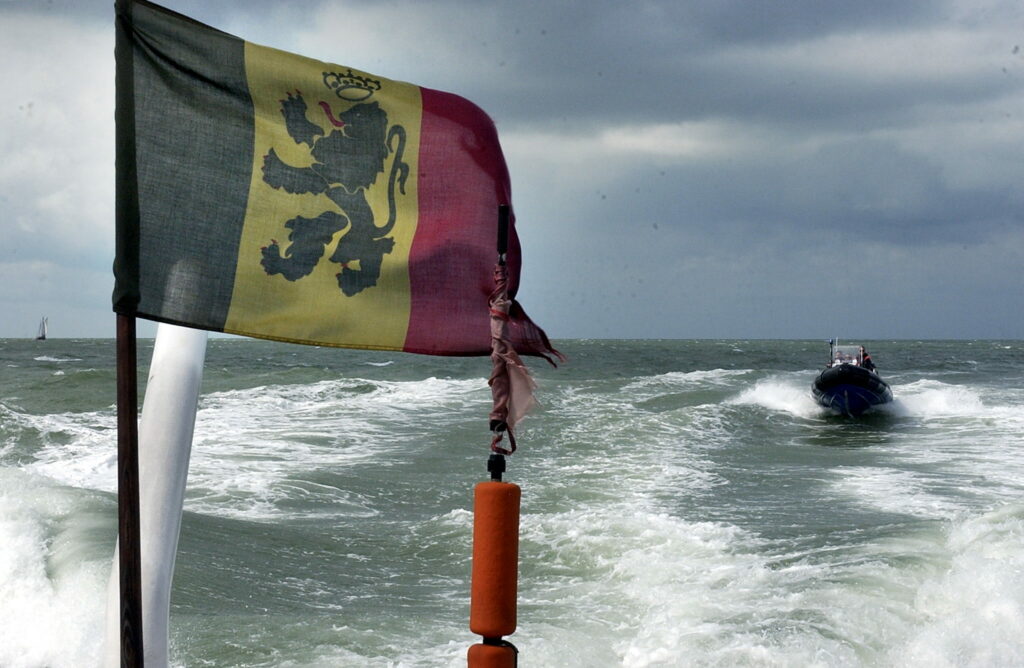Over the past six months, at least five non-military vessels have been spotted off the Belgian coast under suspicion of possible espionage activities, as reported by the Maritime Safety Cell (CSM) and Flemish public media VRT.
According to CSM representative, Thomas De Spiegelaere, the task of detecting espionage is increasingly challenging.
Where once predominantly research or military ships were used, now civilian vessels are also employed for spying purposes. From merchant ships to fishing boats, these vessels complicate detection, which becomes harder when they suddenly navigate slower than usual.
The office of North Sea Minister, Paul Van Tigchelt, confirms this trend. Specifically, reference is made to Chinese dredgers that have dual status: they can be utilised for economic purposes but also for military tasks, which does not make detection any easier.
Key focus areas for Belgian surveillance services include the Russian shipowner, Norebo, under suspicion. The fishing company owns over 40 ships that are officially cod or hake-seeking, but one of their vessels, the Taurus, has been previously linked with espionage activities.
In Belgium, particular attention is paid to Kapitan Sokolov by the CSM, after it was repeatedly spotted in the North Sea. This ship harbours substantial technology aboard, and it can be used equally for fishing or spying, according to the CSM spokesperson.
North Sea countries (Belgium, the Netherlands, Germany, Norway, the UK and Denmark) bolstered security cooperation in the North Sea since holding a joint summit in April 2023, when they signed the North Sea Security Pact, designed to prevent sabotage acts which could affect critical infrastructure.
Belgium also freed up €1 million to set up the secure platform 'NorthSeal', which allows for the exchange of information on security incidents and suspicious ship movements, and ensure that swift action is taken.

